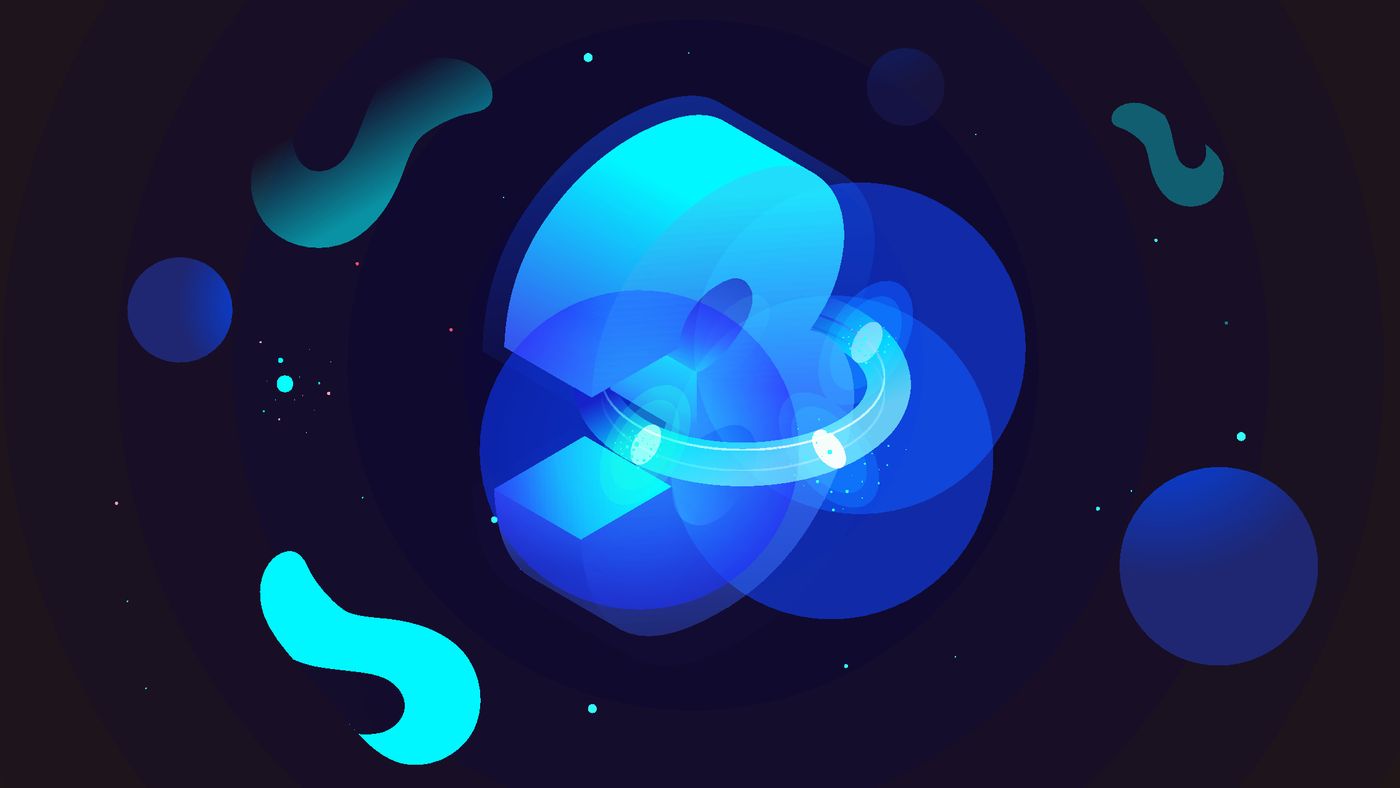PolkaCast: Governance Model

In the WEB 3.0 era, every user should enjoy independent governance, voting, and freedom. The blockchain protocol should be upgradable, unforkable, and permissionless in the age of fully decentralized blockchain protocols. It should also have an open source governance model, and any individual who enters this protocol has the freedom to make proposals. As a result, a full blockchain protocol should be like the Declaration of Independence, with various types of legislative, administrative, and judicial governance and controls, allowing the PolkaCast Protocol to be regulated more robustly and openly.
6.1 What is dual DAO governance?
DAO is composed of: DAU + DAC
The acronym DAO stands for Decentralized Autonomous Organization. DAO in the PolkaCast protocol is made up of both DAC and DAU. Every new podcast creator is a member of the DAO, which is known here as a Decentralized Autonomous Creator (DAC). The DAC is determined by Decentralized Autonomous Creator (DAU), which is the number of active users who have entered this DAC. If the current DAC adheres to the smart contract model, it is designated as one of the nominee DACs. At this time, the DAC will apply to become one of the nodes and stake a certain amount of CAST. Following the analysis, the staked CAST will be linearly released and returned to the DAC node, and throughout the loop, all nominee DAC nodes will be polled and picked.
The dual DAO governance model has the advantage of not forming a single monopoly of rights. Each of the DAO’s DACs and DAUs holds CAST tokens, which means that each PolkaCast user has the right and duty to question, refuse, and substitute the proposal.
6.2 PolkaCast Governance
6.2.1 DAC Node
PolkaCast employs a “fluid democracy” system that allows free DAU users to enter the DAC. DAC is an organization made up of individuals or groups that have common beliefs and are reliable. The primary rights and responsibilities are to propose and control the implementation and governance of the PolkaCast protocol, as well as other proposals. For example, DAC may initiate a proposal for equal token distribution. The Technical Committee creates a smart contract and submits it to the proposal management center for approval. Other DACs and DAUs will vote as well. It succeeds if more than half of the votes are cast in favor of it; otherwise, it fails.
6.2.2 Technical Committee
The technical committee is similar to the government and is solely responsible for bringing the voting results into effect. The technical committee is limited by the Supervision Committee and is made up of the official technical team of CAST and freelance developers. The technical committee is the last technical committee to deploy the code and the last line of protection to avoid errors in the PolkaCast Protocol. The technical committee cannot initiate a proposal, but it does have the power to expedite implementation following the referendum results. Once the technical committee’s recommendations are approved and enforced, all nodes will be upgraded.
6.2.3 Supervision Committee
The Supervision Committee nodes will be elected based on all DAC nodes; the initial number of Supervision Committee nodes will be 5–10, and it will increase in accordance with the creation of the PolkaCast protocol, the size of the community, and the developed DAC, and it will decrease in accordance with the growth of users entering the DAC nodes; the number will not be more than 30, and it will not be less than 5. The Supervision Committee’s key privileges and responsibilities are as follows: “The Supervisory Committee acts like the US House of Representatives, responsible for drafting and formulating legislation, as well as vetoing any harmful or pointless proposals.” The Supervision Committee is not the only organization that initiates proposals. Proposals may also be submitted by CAST holders. After reviewing them, the Supervision Committee may either expedite the proposal’s entry into the referendum stage or screen out risky proposals.
6.2.4 Freelancer
Freelancer are users or third-party developers who own a certain amount of CAST tokens but have not entered the DAC. In its early stages, it is made up of three groups. According to the development of the community, there are no more than 8 Freelancer. The primary role is to prevent the other three parties from entering into illicit transactions under the control of interests, thus undermining the free creation of the PolkaCast Protocol.
Any PolkaCast Protocol ecosystem CAST token holder can use their CAST tokens to do the following in the PolkaCast ecosystem:
Make a referendum proposal.
Vote in all current referendums.
DAC node selection and rejection.
Website: https://polkacast.network
Telegram: https://t.me/polkacast
Twitter: https://twitter.com/polkacast
Github: https://github.com/polkacast
